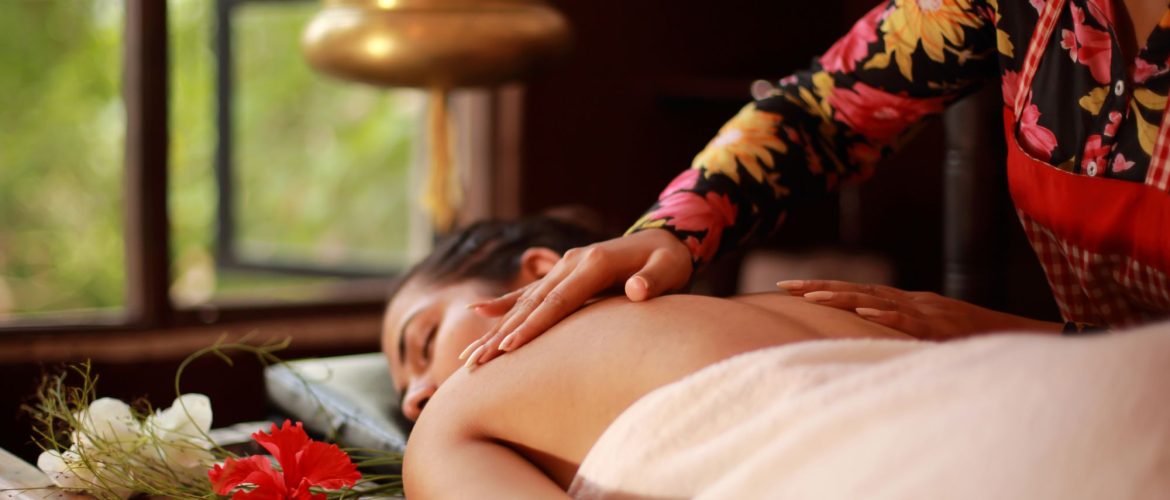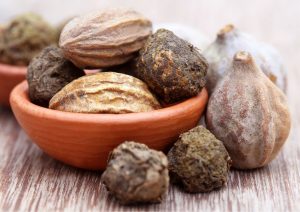Urban Wellness Through Ayurveda: Reclaiming Balance in the Modern World
- September 8, 2025
- Posted by: admin
- Category: Ayur Yoga,

In the midst of the hustle and noise of urban life — packed schedules, endless notifications, high-stress jobs, traffic jams, and irregular meals — the call for a grounded, wholesome lifestyle is louder than ever. Increasingly, many city dwellers are seeking more than just a quick fix for stress or fatigue. They are searching for a way to reconnect with themselves and the rhythm of life.
That’s where Ayurveda, the ancient Indian system of natural medicine and living, steps in — not as a trend, but as a timeless guide to balance, vitality, and presence.
Ayurveda in the Modern Urban World
Ayurveda, which means “the science of life,” is more than a medical system. It is a lifestyle rooted in understanding your unique nature (dosha), living in harmony with your environment, and maintaining balance through daily habits, food, herbs, sleep, and mindful practices. Its wisdom, developed over thousands of years, is surprisingly relevant — perhaps more than ever — for today’s urban population.
In urban life, we are often pulled away from the present moment — multitasking, rushing, constantly stimulated. Ayurveda reminds us to slow down, observe, and live consciously. It teaches us to notice the signs our body gives us and to respond with care, rather than wait for burnout to force a pause.

Why Ayurveda is Vital for Urban Men and Women
For Women: Nourishing the Mind-Body Connection
Modern women often juggle multiple roles — at work, at home, as caregivers, and beyond. This can lead to hormonal imbalances, emotional fatigue, digestive issues, and menstrual irregularities. Ayurveda offers deeply supportive practices for women’s health across all life stages.
A study published in the Journal of Ayurveda and Integrative Medicine (2011) found that Ayurvedic interventions helped reduce symptoms of premenstrual syndrome (PMS) and improved emotional well-being in women (Singh et al., 2011).
Some key Ayurvedic practices for urban women:
- Warm, cooked meals (easy on digestion and grounding).
- Abhyanga (self-massage with warm oils to calm the nervous system).
- Ashoka and Shatavari herbs for reproductive balance.
- Daily routines (Dinacharya) to sync with natural rhythms.
- Emphasis on restorative yoga, meditation, and menstrual rest.
These help nourish energy reserves, regulate cycles, and offer emotional grounding in the face of daily demands.
For Men: Building Strength and Managing Stress
Men in urban settings often face chronic stress, sedentary habits, and overwork, which can lead to poor digestion, disturbed sleep, hypertension, or burnout. Ayurveda provides solutions that support physical strength, mental clarity, and vitality.
Key Ayurvedic strategies for men include:
- Adaptogenic herbs like Ashwagandha (for stress and stamina).
- Triphala for digestive health and detox.
- Nasya therapy (herbal oil drops in the nose) to enhance mental clarity.
- Evening wind-down routines to promote deep sleep.
- Tailored exercise and diet based on dosha (e.g., Pitta men may need cooling foods and calming practices).
According to research published in Evidence-Based Complementary and Alternative Medicine (2011), Ayurvedic herbs like Ashwagandha and Brahmi support adrenal health, cognitive function, and mood stability (Singh et al., 2011).
Ayurveda for the Professional World: Office to Outdoors
Whether you’re a tech worker at a desk all day, a teacher juggling emotional labour, a construction worker enduring physical strain, or a creative entrepreneur glued to a screen, Ayurveda offers personalised, dosha-based support to help you stay resilient, focused, and balanced.
For Desk-Based Workers (e.g., IT professionals, accountants
- Common issues: poor posture, eye strain, stress eating, back pain.
- Ayurveda recommends: regular eye washing with rose water, gentle daily movement, warm midday meals, herbal teas like Tulsi-Ginger, short pranayama breaks.
For Creatives and Entrepreneurs
- Common issues: fatigue, joint pain, muscle strain.
- Ayurveda recommends: Mahanarayan oil massage, anti-inflammatory herbs like Guggulu, adequate hydration with herbal infusions (e.g., cumin-coriander-fennel tea), early bedtime for full recovery.
For Manual Workers and Active Professions
- Common issues: fatigue, joint pain, muscle strain.
- Ayurveda recommends: Mahanarayan oil massage, anti-inflammatory herbs like Guggulu, adequate hydration with herbal infusions (e.g., cumin-coriander-fennel tea), early bedtime for full recovery.
Living in the Present: How Ayurveda Encourages Mindfulness
Here are simple ways to integrate Ayurveda into your urban life:
- Start the Day Right (Dinacharya):
- Wake before sunrise (if possible).
- Scrape your tongue, rinse mouth, and drink warm water.
- Do 5–10 minutes of oil massage (Abhyanga).
- Practice a few yoga asanas or pranayama.
- Eat with the Sun:
- Have your largest meal at lunchtime (when digestion is strongest).
- Avoid eating while distracted.
- Favor seasonal, fresh, and warm foods.
- Balance Your Dosha:
- Take a dosha quiz to understand your constitution (Vata, Pitta, or Kapha).
- Adapt your food, work habits, and sleep based on your imbalances.
- Night Time Rituals:
- Avoid screens an hour before bed.
- Drink warm turmeric or nutmeg milk.
- Massage feet with sesame or Brahmi oil.
- Sleep by 10 PM for deep rest.
- Weekend Reset:
- Use weekends for gentle detox practices like kitchari fasting.
- Spend time in nature to reconnect with earth’s rhythms.
Ayurveda isn’t about overhauling your life overnight or giving up modern comforts. It’s about living intentionally, in a way that supports your unique body, mind, and spirit. It reminds us that health is not the absence of disease, but a state of dynamic balance — in digestion, emotions, work, and relationships.
For men and women of the modern world, for the stressed and the striving, Ayurveda offers a quiet revolution: come back to yourself, to your breath, to your food, to the now.
Because the greatest wealth is not stored in banks, but in balance, vitality, and inner peace — one moment, one mindful choice at a time.
References:
- Singh, R. H., & Rastogi, S. (2011). Ayurvedic treatment of premenstrual syndrome: A clinical study. Journal of Ayurveda and Integrative Medicine, 2(2), 65–69.
- Singh, N., Bhalla, M., de Jager, P., & Gilca, M. (2011). An overview on Ashwagandha: A Rasayana (rejuvenator) of Ayurveda. African Journal of Traditional, Complementary and Alternative Medicines, 8(5 Suppl), 208–213.
- Sengupta, P., Saha, M., & Das, A. (2014). Effect of integrated Ayurveda treatment on stress and quality of life in an urban population: A randomized trial. Journal of Psychosomatic Research, 77(2), 116–121.
